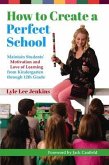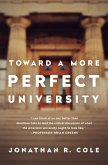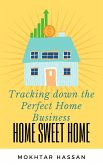Our goal in writing this book was to validate teachers for strong efforts in their life's work. We often observe teachers' frustrations with what they perceive to be a multitude of different "hot topics" in education that they must attend to now, but which they expect to come and go, like the last "hot topics." So, we wanted to help readers see similarities between many of these "hot topics"-differentiation, multiple intelligences, culturally responsive teaching, "brain-friendly" strategies, authentic assessment, and ethical classroom management-which we feel are not "flashes in the pan." And we trust that serious practitioners will not oversimplify the findings of neuroscientists and their application to education. Reading studies and books by scientists, a number of which are user-friendly, can help ensure that teachers separate the hype from credible information. We have seen this professionally judicious approach in the work of graduate students (Kolinski, 2007) in adopting "brain-friendly" strategies. We have intentionally packed both theoretical/research-based and practical information in this book because professional educators want to know why they should use certain approaches, models, and strategies. In turn, as professionals, we should be able to explain why we teach the way we do-not to justify, but to educate others about our knowledge-based, reflective, decision-making processes and the impact on student learning. Thus, it is important to read Chapter 1 because it lays a foundation. Each succeeding chapter (2-6) has unique and compelling twists and turns-chock full of ideas to use or to adapt. It is possible to gain lots of ideas, processes, and strategies from reading and implementing (or adapting) even one of the unit chapters, or a part of it. While some of the units are explicitly about literacy, others focus on content using reading, writing, speaking, and listening as critical in the learning process. Thus, literacy skills are reinforced and strengthened. Additionally, some of our colleagues and public school partners have given us feedback that they wanted to implement some of the units and activities themselves. So, feel free to use this book for self-exploration and professional development.
Dieser Download kann aus rechtlichen Gründen nur mit Rechnungsadresse in A, D ausgeliefert werden.









